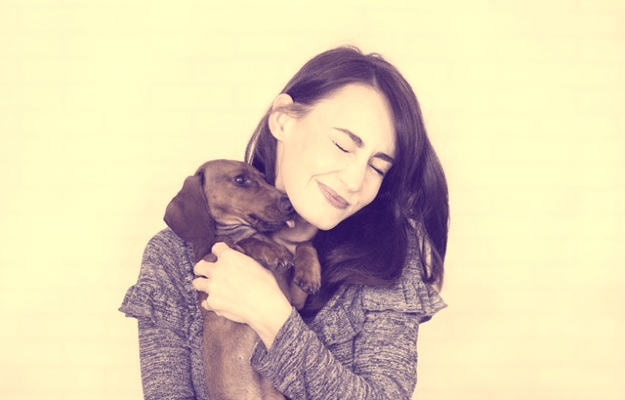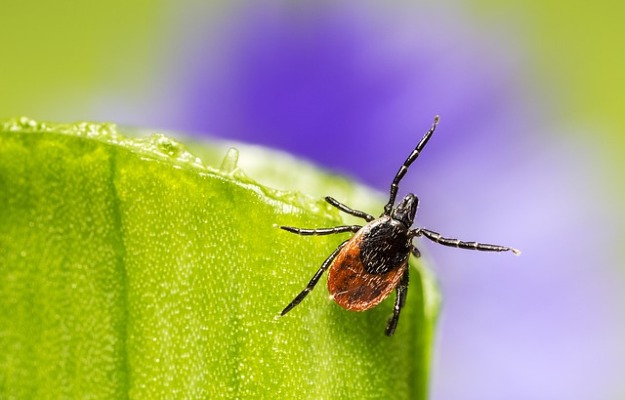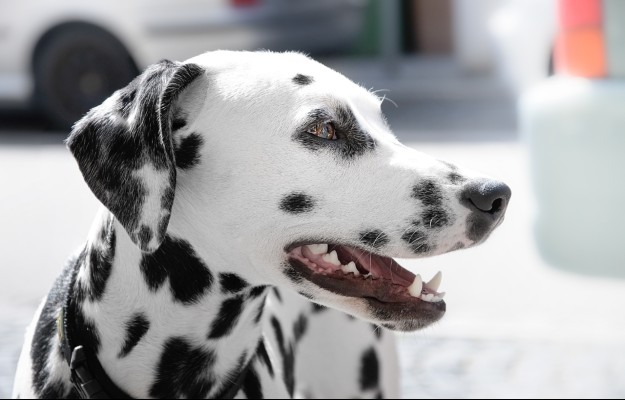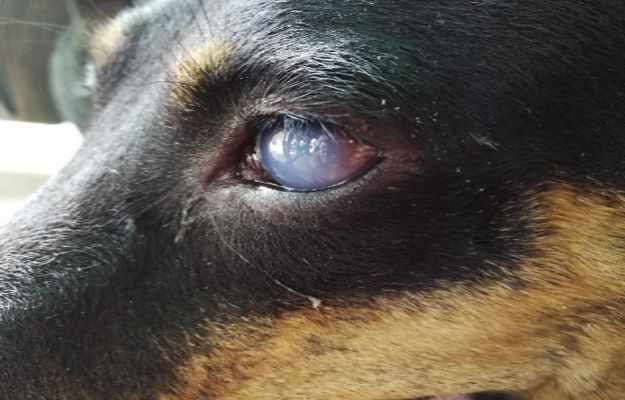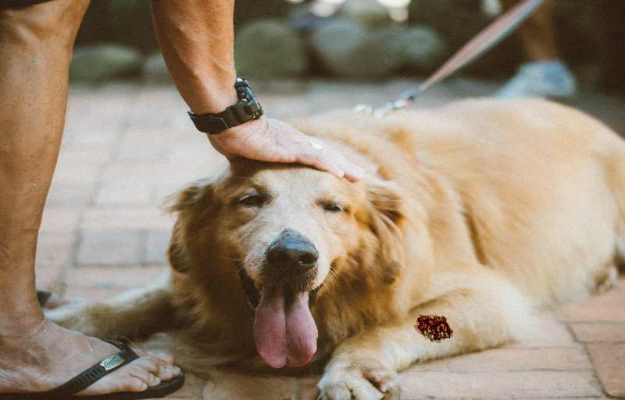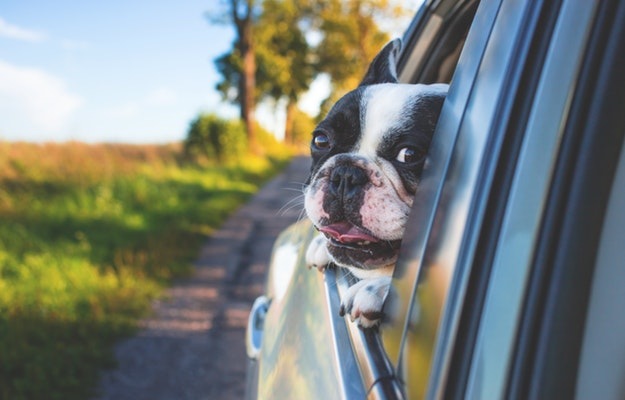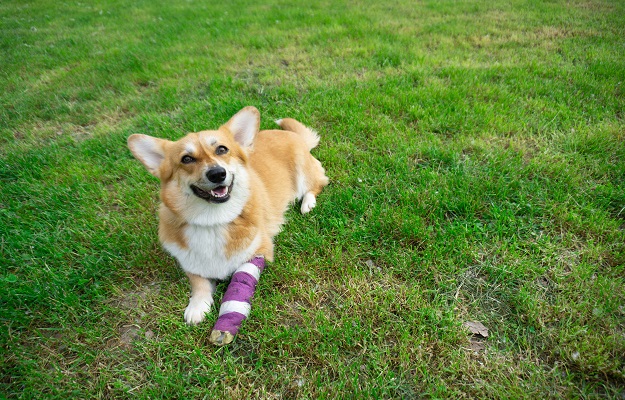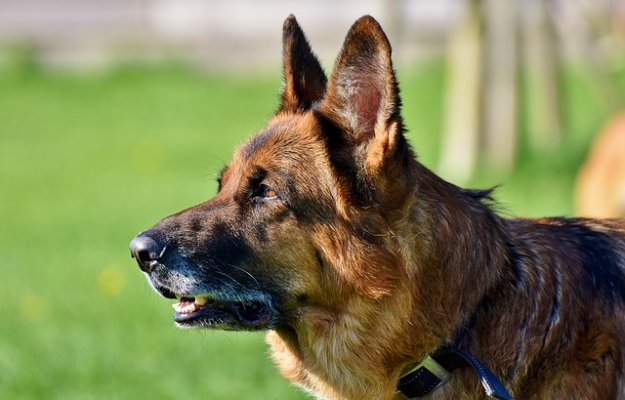Pets are becoming increasingly more popular and Indian families are beginning to appreciate the wholesome roles they play in our lives. Dogs and cats are by far the most familiar-- some of us eat and sleep with our furry friends, while some of us foster strays that greet us every morning and take up residence around our house. There are some of us who live on farms or are involved with agriculture, so poultry and cattle interact often with humans as well.
Then there are of course birds and reptiles as well-- humans have fostered meaningful bonds with all sorts of animals.
Studies have shown that having a pet can be good for your health; you get exercise as the pet is usually high energy and needs to be taken on walks, and the love that they give us can also help relieve stress and bring some happiness to our lives. However, keeping a pet also means responsibilities; while they give us unconditional love, it is our responsibility to provide them with healthy food, shelter and make sure that all their health needs are taken care of. This means that we need to properly understand what the requirements of a pet may be, and learn to look out for important messages the animals send us; it is up to us to understand when our pet is sick and to administer an intervention.
Also, while we do co-exist peacefully, zoonotic diseases are always a concern-- especially for children younger than 5, pregnant women and elderly members of the family over 65 years of age. Preventive steps such as personal hygiene, vaccines and orderliness greatly diminish the spread of zoonotic diseases.
Another very important relationship is the one with your veterinarian. Before you get a pet, make sure there is a competent veterinarian in your area and familiarize yourself with them. They will give you all the information you need about nutrition, vaccination and making the most of your experience with your new friend. You and your veterinarian make a crucial partnership in keeping your pet healthy; while the day to day care is provided by you, you need to know when to take your pet to the veterinarian.
Responsible pet ownership
You will have to make many changes in your lifestyle to accomodate a pet. If the pet is not kept in a cage (like a snake, bird, or lizard), you will have to make sure your house is pet-proof. This involves removing potentially poisonous substances from easily accessible places and getting rid of heavy objects that can fall and cause injury.
Foods such as chocolate, coffee grounds, avocado, salt, alcohol, onion and garlic (to name a few) can be harmful to your pet if ingested in high quantities proportionate to weight. Similarly, medications, cleaning products, insecticides, chemicals such as paint, and even some plants can be a hazard to your pet. For all edible items, make sure they are stowed away safely so the pet cannot access them, and all cleaning products and chemicals should also be put away safely for your own safety as well as the pet’s.
If you suspect that your pet has ingested something poisonous, do not hesitate in calling your vet. Some products such as antifreeze are absorbed quickly and can have fatal results unless the animal is not forced to vomit out the contents.
Other than this, ask your vet what the nutritional and exercise requirements of the pet are-- make sure you have food stocked and regularly exercise your pet.
Grooming your pet is important as well. While pets don’t usually need to be bathed very often, grooming will help take care of hair matting and is also a good way to check for fleas and ticks. Dogs with droopy ears tend to develop ear infections, so it is a good idea to get the ears cleaned to prevent any discomfort.
(Read about how to bathe and groom your dog).
As you become a more experienced pet owner you will learn to pick up on warning signs that require attention, such as:
- Loss of appetite
- Sudden increase or gain in weight
- Behavioral changes such as increased fatigue or aggression
- Strange growths such as tumors
- Increased thirst.
(Read about obesity in dogs).
If you notice something untoward in your pet’s behaviour, quickly inform the vet.
Protecting yourself from zoonotic diseases
Care must be taken to ensure that your interaction with your pet is safe; the unfortunate truth is that zoonotic diseases can spread relatively easily and cause significant distress to your family.
Special care is warranted for the elderly, young children and pregnant women. It is recommended that pregnant women not handle stray cats-- especially kittens, since they can transmit toxoplasmosis, a parasitic infection that can cause birth defects. Similarly, a household with children younger than 5 years of age should not keep reptiles, amphibians or poultry as pets due to risk of zoonotic diseases.
There are some other practical measures you must follow as well:
- Thoroughly wash your hands after playing with your pet, handling their bedding, bowls or generally interacting with them.
- Make sure their bedding and bowls are clean so that they remain healthy as well.
- Safely get rid of pet litter such as stool since it can harbor harmful microorganisms.
- Never wash animal dishes in the same place that you wash your own household dishes-- use different soap and cleaning equipment as well.
- Regularly get your dog checked for ticks and fleas as these can cause debilitating diseases to humans as well.
- Put your clothes in the wash after playing with your pets.
Aside from these, a very important part of protecting your pet and family is to get your pet vaccinated. This will prevent many harmful diseases such as rabies, distemper and parvovirus that are a huge concern. It may also be important to get your pet spayed-- there are some health benefits from this practice. Discuss this with your vet.

